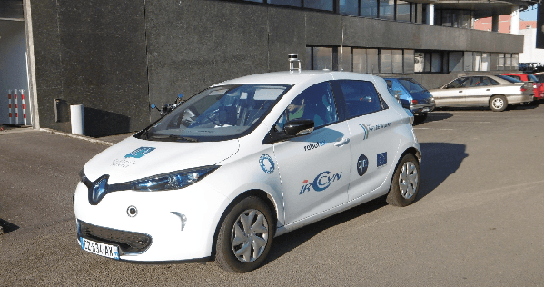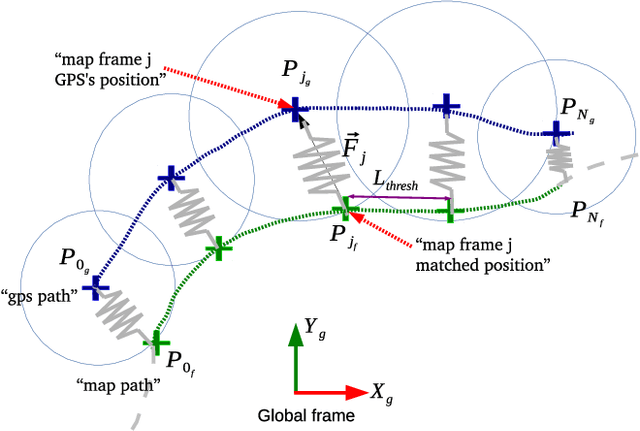An Experimental Evaluation of Robustness and Precision for Long-term LiDAR-based Localization in Highly Changing Environments
Paper and Code
Mar 17, 2020



One of the hardest challenges to face in the development of a non GPS-based localization system for autonomous vehicles is the changes of the environment. LiDAR-based systems typically try to match the last measurements obtained with a previously recorded map of the area. If the existing map is not updated along time, there is a good chance that the measures will not match the environment well enough, causing the vehicle to lose track of its location. In this paper, we present and analyze experimental results regarding the robustness and precision of a map-matching based localization system over a certain period of time in the following three cases: (1) without any update of the initial map, (2) updating the map as the vehicle moves and (3) with map updates that take into account surrounding structures labeled as "fixed" which are treated differently. The environment of the tests is a busy parking area, which ensures drastic changes from one day to the next. The precision is obtained by comparing the positions computed using the map with the ones provided by a Real-Time Kinematic GPS system. The experimental results reveal a positioning error of about 6cm which remains stable even after 23 days when using fixed structures on the working area.
 Add to Chrome
Add to Chrome Add to Firefox
Add to Firefox Add to Edge
Add to Edge